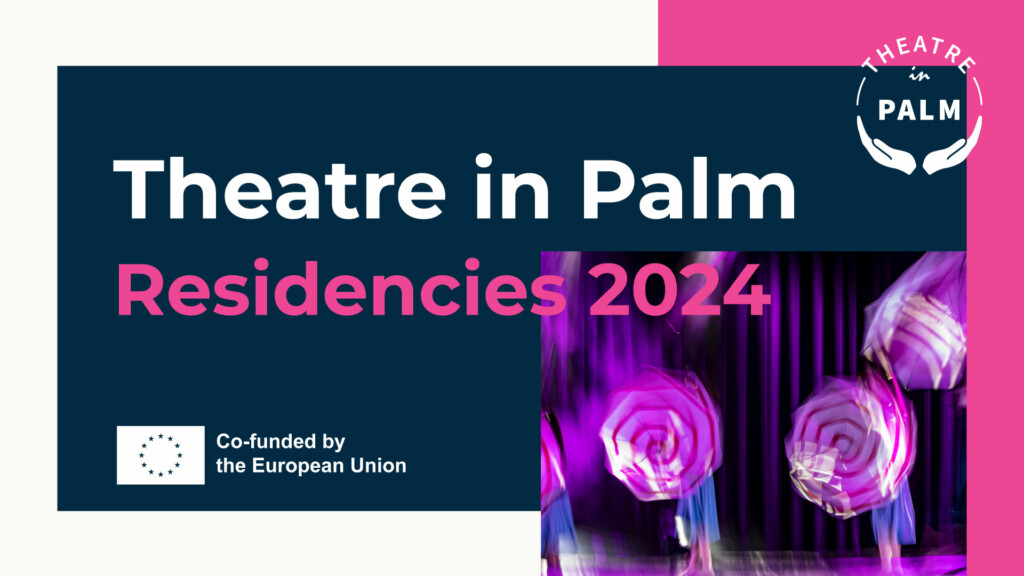Artistic encounters: Exploring the symbiosis between humans and marine ecosystems
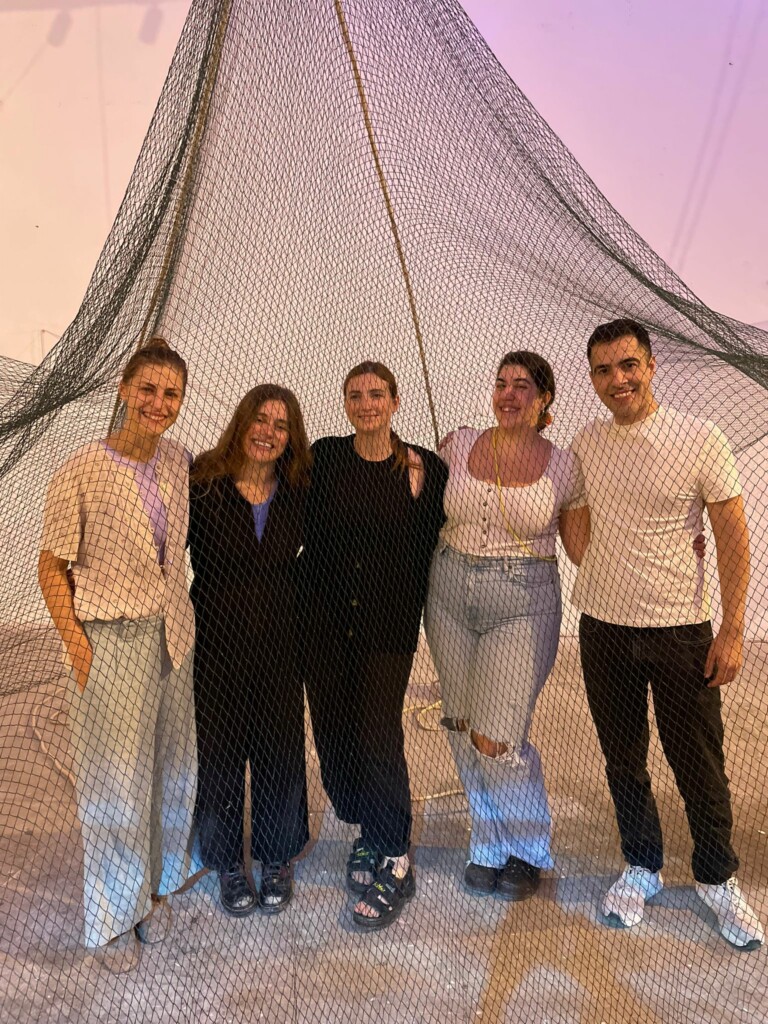
As part of the 2024 Artistic Residency organized by ESPRONCEDA Institute of Art & Culture in Barcelona, Spain, in collaboration with the Institut de Ciències del Mar (ICM – CSIC), and as part of the THEATRE IN PALM project, a diverse group of artists, creators, and thinkers gathered to explore the intersection of art and science. Together, they delved into crucial themes such as non-human rights, resilience, and possible futures. The project focused on developing new narratives and reflecting on the ecological crisis through a performance that blends performing arts with scientific research.
The performing arts residency program was crafted as an interdisciplinary initiative, uniting the expertise of the Institut de Ciències del Mar (ICM – CSIC) in Barcelona, La Panera Art Centre in Lleida, and the Art, Globalization, and Interculturality (VIGEO) research group at the University of Barcelona. This collaboration provided an enriching environment where participants engaged with critical themes at the intersection of art, science, and ecological thought, fostering innovative approaches to contemporary challenges.
Central to the residency was a series of thematic lectures designed to expand participants’ perspectives and inform their creative processes. The discussions explored the intricate relationship between marine ecosystems and human well-being, highlighting how oceans contribute to human health while posing risks due to pollutants, pathogens, and climate change. Participants were encouraged to consider the ocean not merely as a resource but as an interconnected system integral to both ecological and social well-being. This exploration revealed how the sustainable management of marine resources is essential, offering insights into how bioactive compounds in marine life and the health impacts of environmental degradation intertwine with broader ecological concerns.
In parallel, the residency delved into the role of art institutions in fostering eco-social sustainability. Drawing on ecosophical frameworks, the program examined how cultural spaces can serve as platforms for rethinking human relationships with nature and society. Through the lens of case studies, themes such as multispecies interactions, queer ecologies, and anti-extractivist narratives emerged, underscoring the transformative potential of art to challenge dominant paradigms. Participants reflected on how institutions can bridge critical thinking and community engagement, adopting environmentally conscious practices to address the urgent crises of our time.
This residency underscored the value of cross-disciplinary collaboration, weaving together scientific inquiry, artistic practice, and institutional critique to address pressing global issues. The program fostered a deeper awareness of ecological and social interconnections, equipping participants with both conceptual tools and creative inspiration to contribute meaningfully to these conversations.
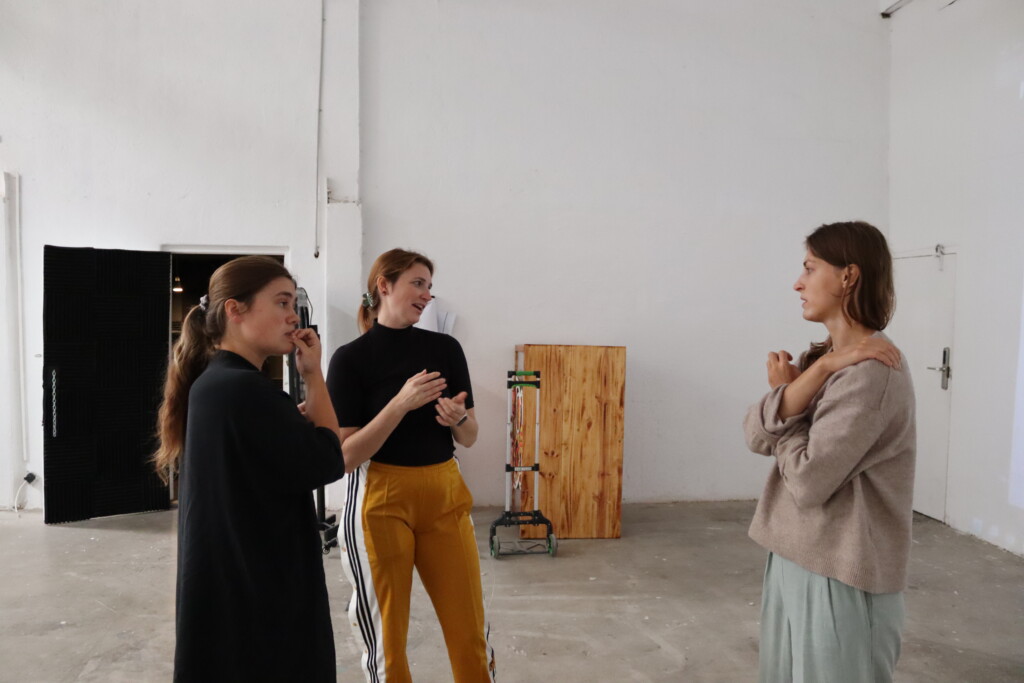
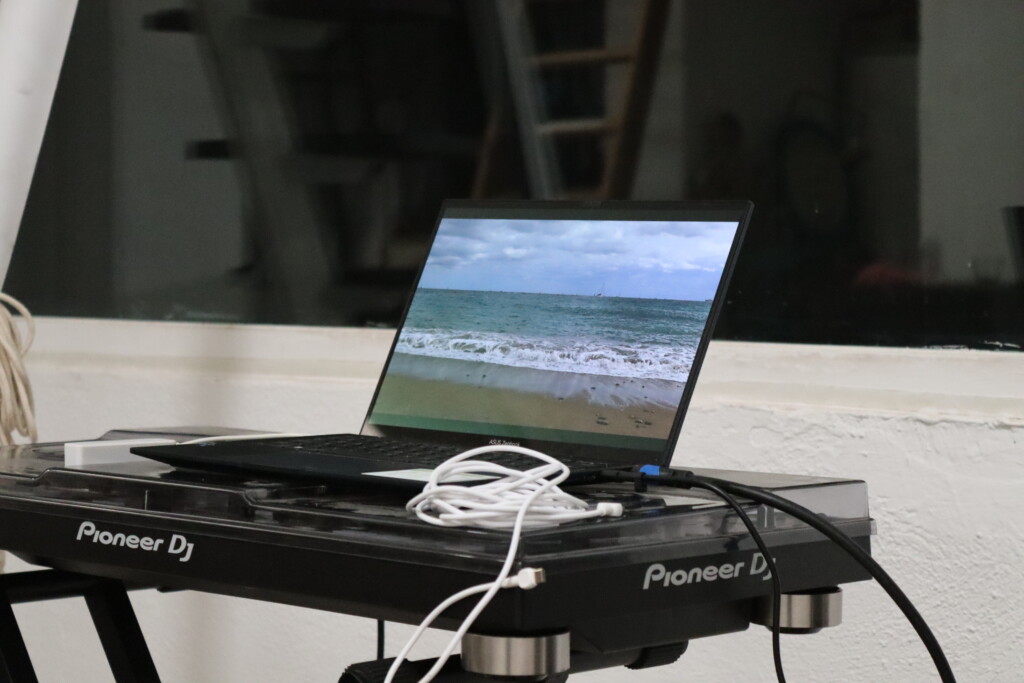
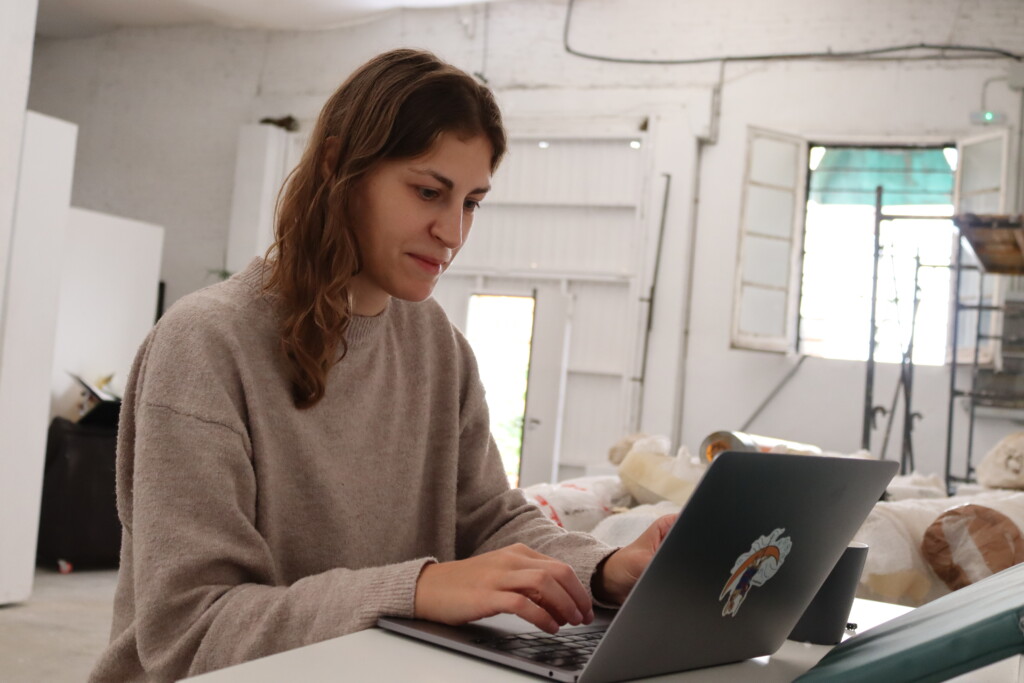
The theme of artistic research
The central theme of this residency was the interconnection between humans, non-humans, and their environment. The initiative explored how cooperation among different species and adaptation to the environment are essential for survival. It also addressed how art can promote more cooperative, equitable, and less competitive values, helping to educate on the importance of ecosystem conservation and the need to reimagine the future.
The residency posed profound and thought-provoking questions:
- How can we create spaces for active and sensitive listening, both in thought and in our approach to living alongside other beings?
- What imaginaries can we develop to embrace heterogeneity and multiplicity rather than homogeneity and uniformity?
- What post-capitalist futures or utopian visions can we outline to decolonize our understanding of nature and envision more habitable futures?
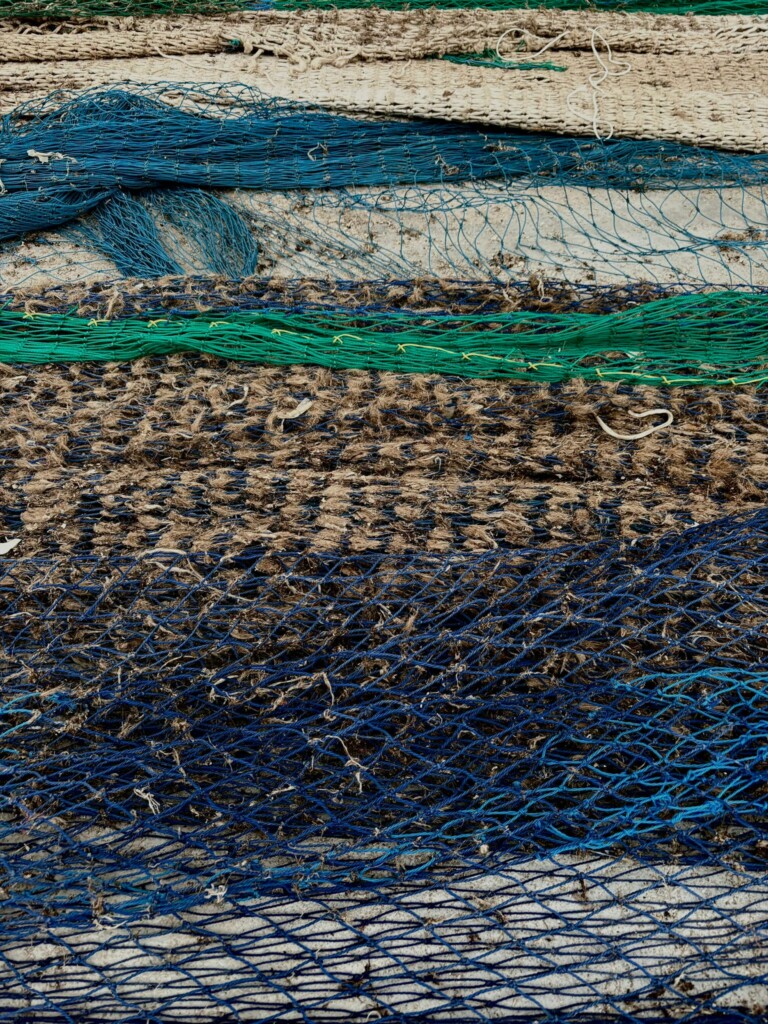
At the heart of the residency was an exceptional cohort of artists and thinkers who contributed their unique voices to the program. These participants brought expertise in various disciplines, from performing and visual arts to academic research, blending their skills to develop new approaches to ecological and societal challenges. Their collaborative efforts embodied the essence of the program, where shared exploration and dialogue became a driving force for creative innovation.
The Theatre in Palm residency demonstrated the transformative potential of art to inspire change. It reinforced the belief that addressing the ecological crises of our time requires not only scientific solutions but also the creative, emotional, and philosophical perspectives that art can provide.

